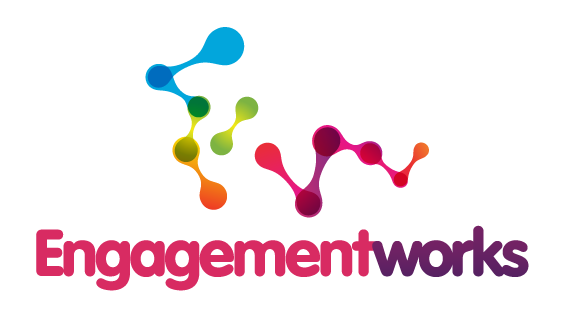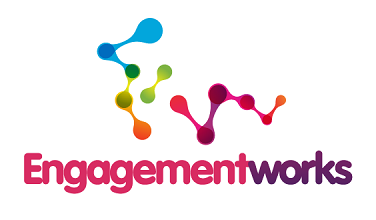So why then do so many projects stumble, fail to meet deadlines, incur additional costs and alienate customers, stakeholders or affected communities?
One reason is that some organisations are not good when it comes to talking to themselves. This includes the relationships and services that a project or event leader needs from other parts of their business and giving good advance notice of what’s needed and what that may entail. Many people probably have at least one example of where their organisation planned to fail by failing to plan.
“We’re launching this new thing on Monday. We’ll need a website for it. And a launch event. And a news release. And we should also let people know what these changes will mean for them. We should be doing something on social media.”
Such announcements invariably cause a measure of panic and confusion amongst those who have just been roped in to help, which is bad enough. Worse is that short timeframes mean that people often focus on meeting the deadline, rather than the substance of what it is they’re being asked to do.
Most larger organisations are multi-faceted. They comprise of teams to whom functional tasks are assigned – like finance, HR, marketing, infrastructure and so on. As organisations get bigger, so too can the gaps between organisational groups, that may even be in different buildings or different towns. Sometimes the only reason these teams talk to each other is because they have to – something urgent has arisen that they need to jointly focus on. Maybe something like a crisis that’s happened because they hadn’t been talking with each other.
Line management structures are not good at many things, particularly enabling conversations to happen across an organisation. Given that the real engine room for what an organisation thinks and delivers happens at level 3, then it’s not hard to see the impact that a reliance on line management for internal communication can have.
Peer group circles for learning and support are highly effective ways of communicating and engaging across organisations. While some circles can form naturally around things like occupations, these shouldn’t be left to chance. There needs to be a strong commitment from senior leaders to the value of these circles to coordinating and delivering key events and tasks. These circles need to have a clear charter and mandate. There needs to be an overarching strategy that they exist to support and even lead.
Circle participants should be appointed and time allowed for them to participate in the circle’s activities. They should be required to actively engage with their home team or group as well as with the circle they’ve been appointed.
Internally engaging provides a great means of building strong teams across an organisation, as well as supporting a culture of innovation and no surprises.
At Engagementworks internal communication is close to our hearts. We’ve both worked for large organisations and are familiar with international good practice. Our courses all touch on the need for good internal engagement, and we’re able to customise these to meet specific requirements. We’re happy to discuss things on a no-commitment basis, so please give us a call or send us an email.

 RSS Feed
RSS Feed
